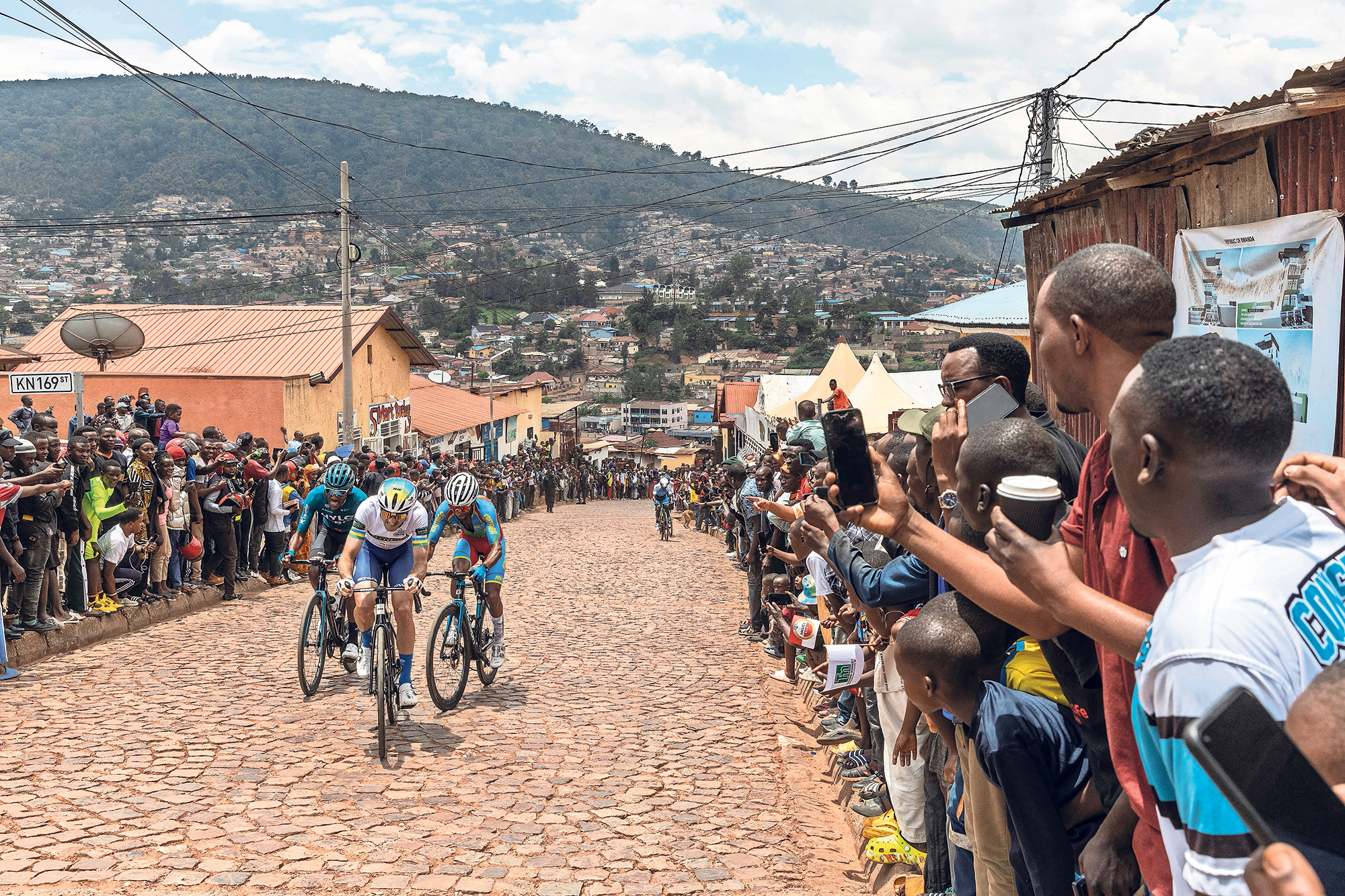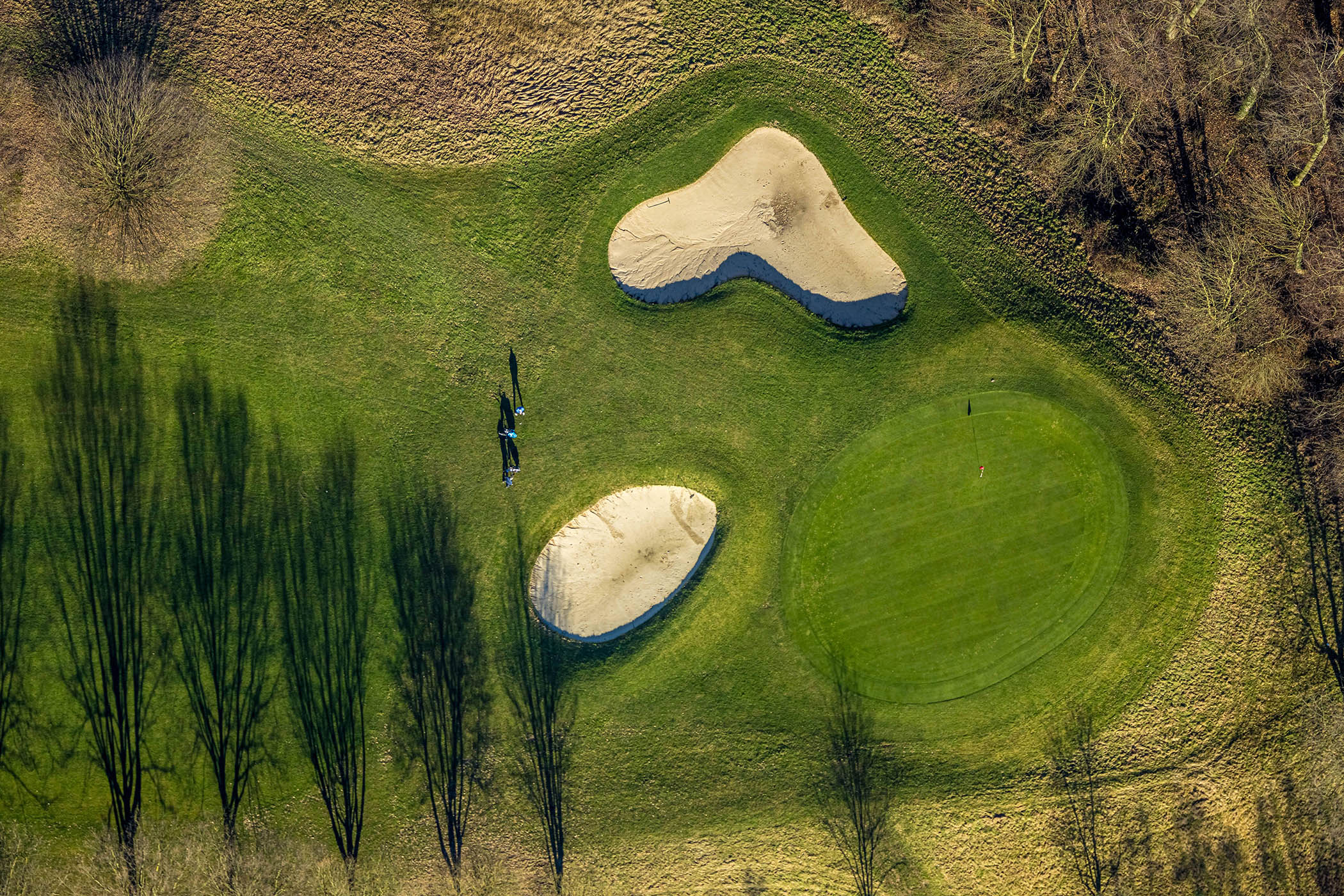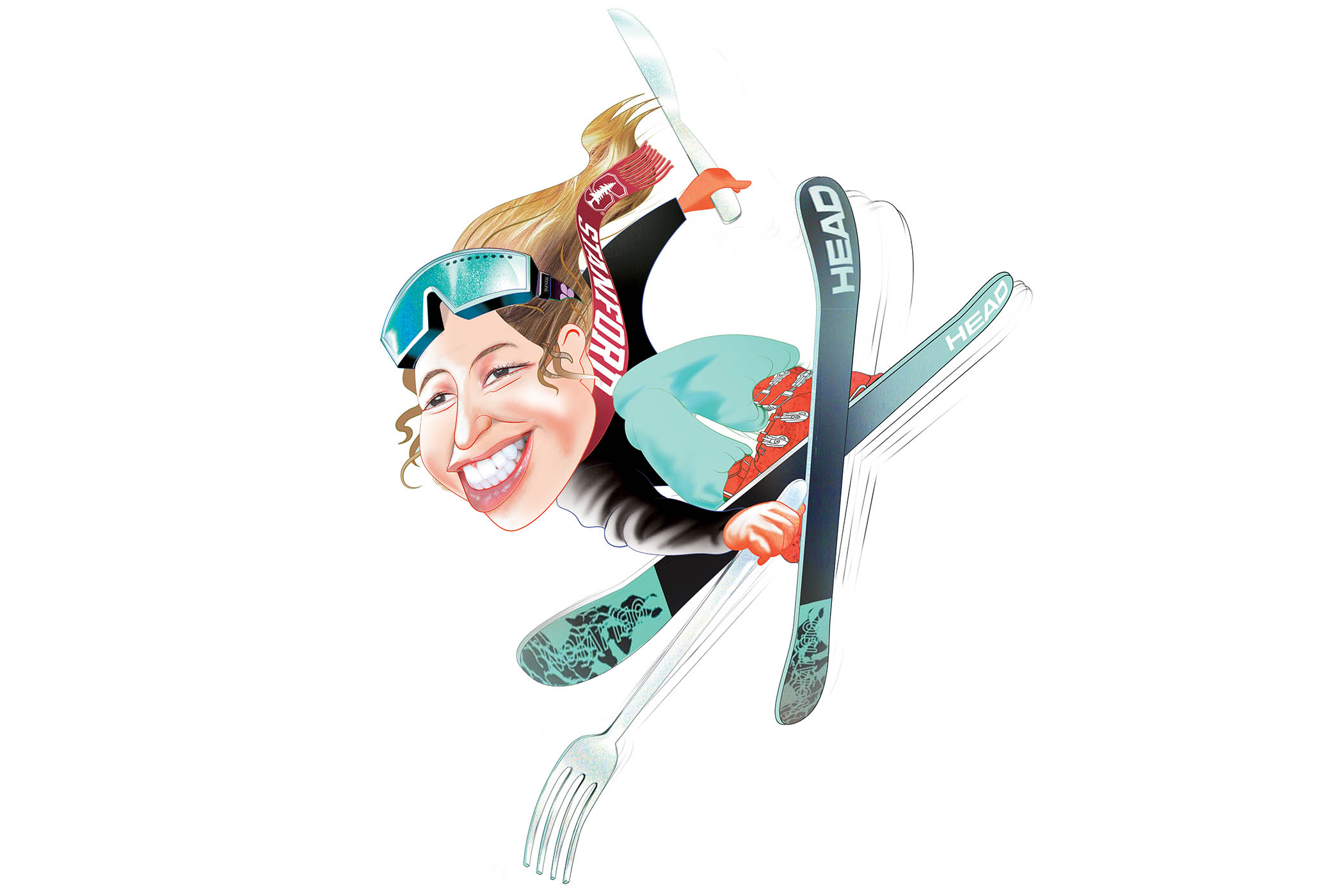World cycling’s governing body, the UCI, hosts the first-ever African-based World Road Race Championships in Rwanda from Sunday under mounting pressure to suspend the Israel Premier-Tech team following serial pro-Palestine protests at the recent Vuelta a España.
Over the coming week, geopolitics, genocide and sportswashing will be high on the agenda for the UCI’s embattled president, David Lappartient, who has so far resisted calls, some from within cycling and others from the Spanish government, to suspend the Israel Premier-Tech team following the findings against Israel of the UN’s legal commission on Tuesday.
Now Lappartient must also defend the UCI’s decision to stage the World Championships in Rwanda, controversial both because of President Paul Kagame’s record on human rights and democracy, and because of a recent incursion into the Democratic Republic of Congo (DRC).
Rwanda remains under intense scrutiny by the UN and by human rights groups, who regard Kagame’s regime as undemocratic and authoritarian. Human Rights Watch stated that the most recent presidential elections, in which Kagame received 99% of the vote, took place against a backdrop of repression, and claimed that the Rwandan military were behind attacks on DRC displacement camps.
“Kagame’s unprecedented score of over 99% in the election should be seen as a reflection of just how limited political space for the opposition is in Rwanda today,” Human Rights Watch said.
Lappartient — who himself is expected to be re-elected unopposed as UCI president by delegates during the coming week — acknowledged that the decision to leave cycling’s traditional heartlands for Rwanda was a complex one.
“The world is more and more complicated and the geopolitical situation is getting worse and worse,” the Frenchman said. “We have to navigate this situation.”
Of meetings this year with Kagame, he added: “We had discussions about the ongoing situation. Our mission is to be politically neutral, but to call for peace. It’s also to make sure we are not used for political reasons.
Related articles:
“We are always very careful about the way that we can be used, but in Rwanda you can really feel the support for President Kagame. He brings people back together.”
Lappartient, who was an unsuccessful candidate in the IOC presidential elections earlier this year, believes the decision to stage the World Championships in Rwanda will be a force for bringing people together, not for fuelling division.
Newsletters
Choose the newsletters you want to receive
View more
For information about how The Observer protects your data, read our Privacy Policy
“It’s a bit of blue sky on a grey day,” he said. “I believe the right thing to do is to go to Rwanda. We have never been to Africa. We knew there would be challenges, but we will have wonderful races, wonderful images worldwide.”
Lappartient has long cited his moving experience of Rwanda’s recovery from the 1994 genocide as a key influence in the decision to stage the World Championships there.
Meanwhile, there is mounting pressure on the UCI and the IOC to come up with a solution to the ongoing impasse surrounding the Israel Premier Tech team, the focus of the violent clashes between police and pro-Palestine demonstrators in Madrid last Sunday.
There is now also a threat from both Barcelona, location for the Grand Depart of next year’s Tour de France, and the Canary Islands, mooted to be hosting next year’s Vuelta, to ban the Israel Premier-Tech team from participating.
“I don’t understand the hypocrisy of the UCI,” Pello Bilbao, who rides for the Bahrain Victorious team said. “With the Russian Gazprom team [who had their racing licence withdrawn following the invasion of Ukraine], they took a completely different decision.
“I don’t see the difference [with Israel Premier Tech]. Why are some teams penalised and others not?”
But what about the racing in Rwanda? Despite the absence of Jonas Vingegaard, the winner of the troubled Vuelta last weekend, four-time Tour de France winner and reigning world road race champion, Tadej Pogačar, will defend his road race title in Kigali.
Tour de France Femmes winner, Pauline Ferrand-Prévot, and Olympic time trial and road race champion, Remco Evenepoel, will also compete in a series of high-altitude races.
British hopes are led by Tom Pidcock, whose breakthrough third place overall in the Vuelta, lifted his career to new heights.
There are also high expectations of Cat Ferguson, a double gold medallist as a junior rider in last year’s World Championships, and now racing in the Under-23 category. The 19-year-old from Skipton is targeting the road race podium.
Photograph by Guillem Sartorio/AFP via Getty Images



